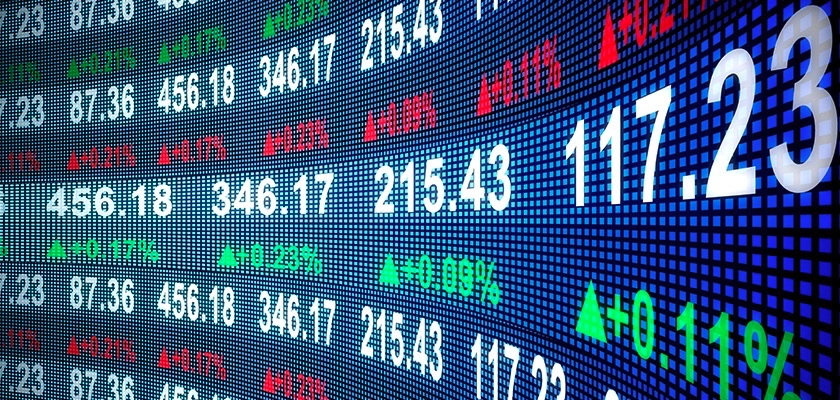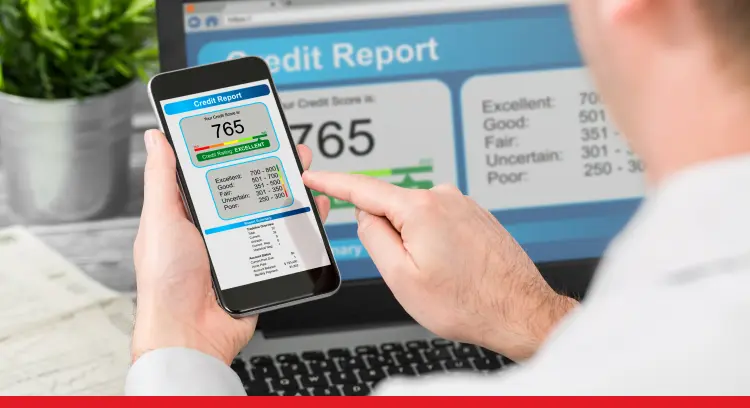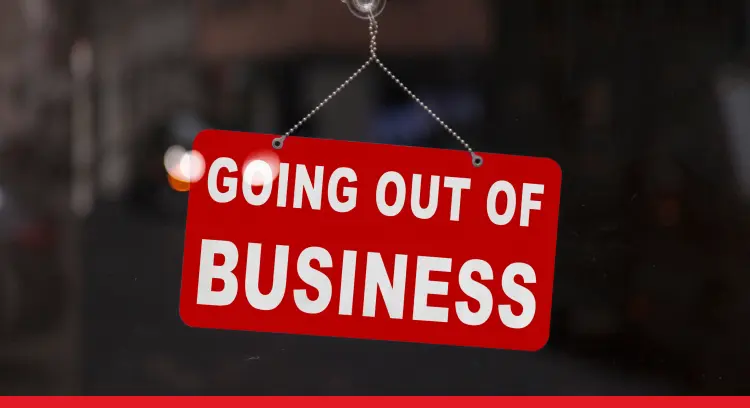Does Robinhood Fuel Gambling Addiction? | July 2021
The commission-free app, Robinhood was designed to make trading easier and more accessible to everyone. Some critics are concerned that its user-friendly design has gamified the stock market for some.

Founded in 2013 by Vladimir Tenev and Baiju Bhatt, Robinhood is a commission-free stock trading and investing app. When Tenev and Bhatt entered the world of finance, they discovered Wall Street firms paid very little to trade stocks while individual investors were charged $7 to $10 per trade. To lower the barrier to investing, the pair founded Robinhood. Robinhood disrupted the trading industry, pushing major financial services companies such as E-Trade, Charles Schwab, and Fidelity to move to free online trades.
Tenev and Bhatt created an antiestablishment persona with the Robinhood brand and targeted millennial investors. The app was created in the wake of the Great Recession and the Occupy Wall Street protest movement when trust in big banks was shaken. With a waiting list of nearly 1 million people before the app launched in 2014, it was clear Tenev and Bhatt were onto something big.
How Robinhood Makes Money
Rather than relying on commission to make money, Robinhood’s business model depends on frequent customer trading. This allows Robinhood to earn payment for order flow (PFOF) commission from every transaction. This is paid by the Wall Street firms that make money executing trades. PFOF is Robinhood’s largest source of revenue.
With this model, Wall Street professionals and Robinhood profit off of the inexperienced investors the app attracts. The Wall Street firms that execute Robinhood trades have access to better information and complex algorithms, allowing them to arrange a better price on a trade than what Robinhood users agree to. The price difference is split between the Wall Street firms and Robinhood as PFOF.
In essence, Robinhood profits from gambling rather than investing. Relying on PFOF creates a conflict of interest for Robinhood because brokers and market makers are incentivized to encourage more trades rather than better, more informed trades. Robinhood denies there is a conflict of interest in its arrangement.
Gambling Addiction Meets Investing
Individuals have found that Robinhood’s commission-free trading comes at a cost. Gambling addiction can pull investors into a frenzy, making them think investing is easy and they can get rich. That is an unreasonable expectation.
During the COVID-19 pandemic in 2020, day trading—speculating on securities within the same trading day—became popular for many young investors. Robinhood alone attracted 3 million new users during this time. Pandemic lockdowns and zero-commission trades created an environment for high-risk, high-reward trades by inexperienced investors. For example, traders drove the share price of GameStop, a video game store, up by 1,700% in January. As a result, Robinhood froze purchases of the stock to give hedge funds who had bet on GameStop’s decline time to recover. This prompted probes into the freeze by two federal agencies and a congressional committee.
Many criticize Robinhood for gamifying stock trading and using gambling-like features in its app design. Additionally, Robinhood allows for the trading of fractional shares, which some gambling experts say is similar to penny slots where people make small stake bets that feel less risky and thus motivate individuals to make more trades.
People who experience losses on their trades are motivated to chase the losses in an effort to win back their money, similar to gamblers at casinos. Investors that trade more frequently tend to see worse outcomes than those who make long-term investments. Robinhood’s behavioral cues that encourage users to trade more frequently ultimately serve Robinhood and market makers rather than the everyman investor.
Robinhood’s Uncertain Future
The U.S. Securities and Exchange Commission charged Robinhood in December 2020 with misleading users about how it made money and failing to protect the financial interests of its users. Robinhood agreed to pay $65 million in penalties. The company also faces a slew of class-action lawsuits related to trading outages in 2020.
Some suggest instituting trading limits, similar to betting limits, could help in breaking the gambling mindset. Additionally, reining in addicting components and design features could be beneficial. For example, at one point in time, the Robinhood app screen would display confetti when users made trades or added funds to the app. Robinhood has since removed the feature.
The company has made other improvements including the introduction of a customer support phone number, expanding its customer service team, and increasing margin requirements. Despite the series of crises the zero-commission trading platform has faced, Robinhood continues to grow at a rapid clip and is preparing to file an initial public offering (IPO) that would value the company at more than $30 billion.
In the Classroom
This article can be used to highlight conflicts of interest and social responsibility issues which are discussed in Chapter 2: Business Ethics and Social Responsibility. This article could also be used to support Chapter 15: Money and the Financial System in conversations about investing or Chapter 16: Financial Management and Securities Markets in a discussion about the stock market.
Discussion Questions
- Explain the payment for order flow (PFOF) business model and how it could create a conflict of interest.
- Do you think it is Robinhood’s responsibility to educate its users about investing? Why or why not?
- Why do you think Robinhood continues to grow despite its recent series of crises?
This article was developed with the support of Kelsey Reddick for and under the direction of Geoffrey Hirt, O.C. Ferrell, and Linda Ferrell.
Sources:
Cyrus Farivar, "Gambling Addiction Experts See Familiar Aspects in Robinhood App," NBC News, January 30, 2021, https://www.nbcnews.com/business/business-news/gambling-addiction-experts-see-familiar-aspects-robinhood-app-n1256213
Hannah Levintova, "Robinhood Promises Free Trades. Did Alex Kearns Pay With His Life?" Mother Jones, April 29, 2021, https://www.motherjones.com/politics/2021/04/robinhood-gamestop-free-trades-alex-kearns/
Kate Rooney, "Robinhood Nears Its Biggest Trade of All, an IPO, After Wild Year," CNBC, May 25, 2021, https://www.cnbc.com/2021/05/25/robinhood-nears-biggest-trade-of-all-an-ipo-after-wild-year.html
Misyrlena Egkolfopoulou and Sarah Ponczek, "Robinhood Crisis Reveals Hidden Costs in Zero-Fee Trading Model," Bloomberg, February 3, 2021, https://www.bloomberg.com/news/articles/2021-02-03/robinhood-crisis-reveals-hidden-costs-in-zero-fee-trading-model



